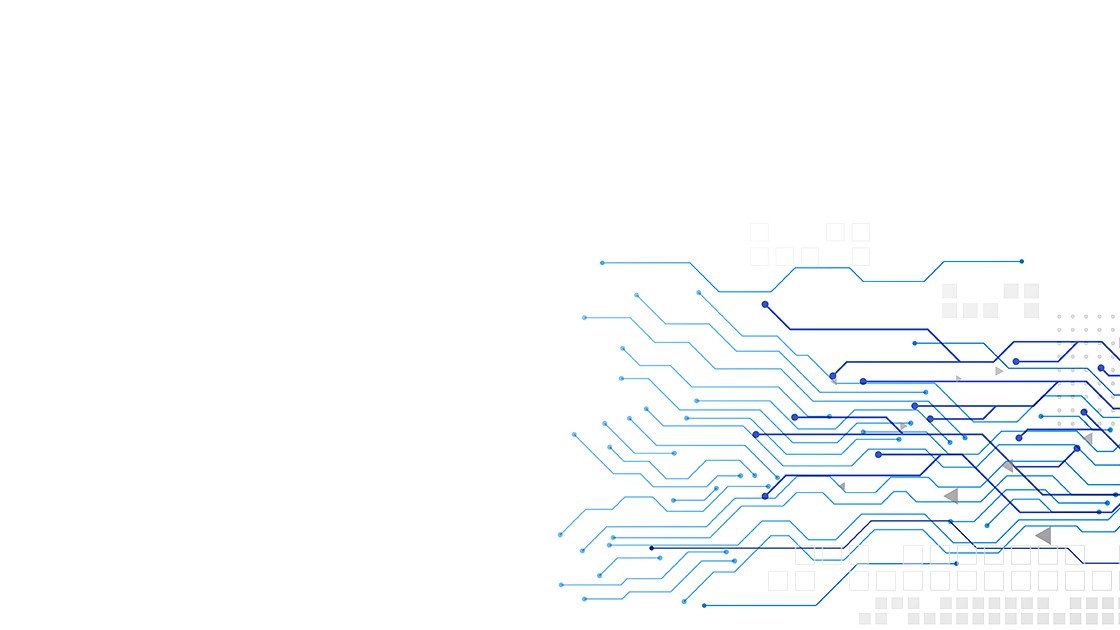In the last two years since the coronavirus pandemic first shut down offices globally, businesses have had to adapt fast to the new normal. Work from home was a significant change to how companies approached work culture at their premises. Many companies continue to offer remote or hybrid work routines that they first offered during lockdowns. But it’s only one aspect of how companies now innovate to prepare for the future of work. Emerging trends show how employees collaborate, their benefits, and how companies will transform how the workplace looks like today. Data-driven open innovation enables you to identify the startups and technology trends driving this change.
What Does the Future of Work Look Like?
The COVID-19 pandemic has impacted the workplace like no event before. It accelerated workplace trends that were under the radar for a decade or more. Some of these trends that apply to multiple industries are listed below:
1. Hybrid Work
Many jobs, particularly in the services sector, can be done as well from the comfort of one’s home. Many employees now prefer to work exclusively from home. Who likes to spend time commuting, really? On the other hand, other employees find the one-on-one interactions in a physical setting more beneficial for their productivity and connection with other workers. With hybrid work approaches, companies can balance the needs of both kinds of employees.
Going forward, companies need to be flexible with their work from home policies to attract the top talent. They also need to invest in tools and strategies that keep distributed employees engaged and get the best out of everyone in the team.
2. Global Talent Pool
When companies hire from other countries, it is often mainly for freelancing or contractor roles. While this work for some, many prefer the benefits and perks that come with a salaried position. To tap into the global talent pool, especially for highly specialized roles, companies need to identify ways to hire in a location-agnostic manner.
Many emerging startups develop solutions that facilitate this. Think of global payrolls that manage taxation for each employee’s tax residency or health insurance solutions that work regardless of the location. Companies need to identify these startups and work with them to make themselves attractive to the global talent pool.
3. Personalized Benefits
When a company hires globally, it needs to personalize benefits depending on the location. A benefit that means a lot in a certain location may not be as valuable or easy to access in another location. This is why companies need to customize benefits such as train passes or personal development budgets according to where their companies are based.
However, personalized benefits aren’t limited to remote employees alone. Companies now realize skills, not roles, is what they need to hire for. Moreover, many companies are increasingly ready to pay premiums to retain top-performing employees. Custom benefits packages allow employees to pick what matters to them, improving their work experience.
4. Spatial Collaboration
In a workplace with both remote and onsite employees, collaboration can sometimes be a challenge. Immersive reality tools are bridging the gap with spatial collaboration solutions. These keep employees engaged and improve the productivity of hybrid teams.
Further, spatial collaboration improves the quality of training, allowing trainees to access modules as much time as they need. To improve productivity, companies need to monitor emerging technologies in this sector and work out ways to integrate them into their business processes.
5. Employee Monitoring
Employee monitoring is a critical aspect of managing productivity across business units. It provides employers with insights on how best to support their employees. However, there are two challenges to effective employee monitoring. As employees work remotely or in hybrid settings, the one-size-fits-all approach doesn’t work any longer. Further, since data is increasingly at risk of breaches, there is a growing demand for privacy-preserving solutions.
Companies need to invest in new technologies and models to monitor their employees. In a warehouse setting, for example, this could mean a transition from camera surveillance to crowd counting solutions. For employees working in an office setting, this could mean a shift to asynchronous communication and better collaborative tools.
Leverage Open Innovation to Prepare for the Future
Here are a few examples of how companies can leverage innovation to make their workplace ready for the future:
- Startup scouting allows companies to identify startups and scaleups developing technologies for spatial collaboration or remote team monitoring.
- Technology scouting enables companies to identify emerging technologies that improve the management of remote and distributed teams.
- Market intelligence provides insights on what kinds of tools have worked for other companies as well as the changing expectations of their employees.
- Business model innovation empowers companies to learn from which approaches to engaging their employees or providing benefits will have the most impact.
- Idea management software allows companies to manage internal and external data in a centralized location, thereby improving collaboration across business units.
Identify Startup-led Innovation accelerating the Future of Work
Startups are leading the transition to the future of work. They are more likely to adopt innovations that facilitate these transition. More importantly, they are enabling companies to prepare for the future of work with products and services for a global, remote workforce. Enabled by the StartUs Insights Discovery Platform covering over 2,5 million startups & scaleups globally, we offer a range of services that help you achieve your open innovation goals:
- Trend Scouting: Identify emerging and latent trends and developments that will advance frugal innovation
- Technology Scouting: Reveal emerging frugal technologies that match your innovation goals
- Startup Scouting: Discover over 2,5 million startups & scaleups globally, scouting the right partners & saving you weeks of desk research
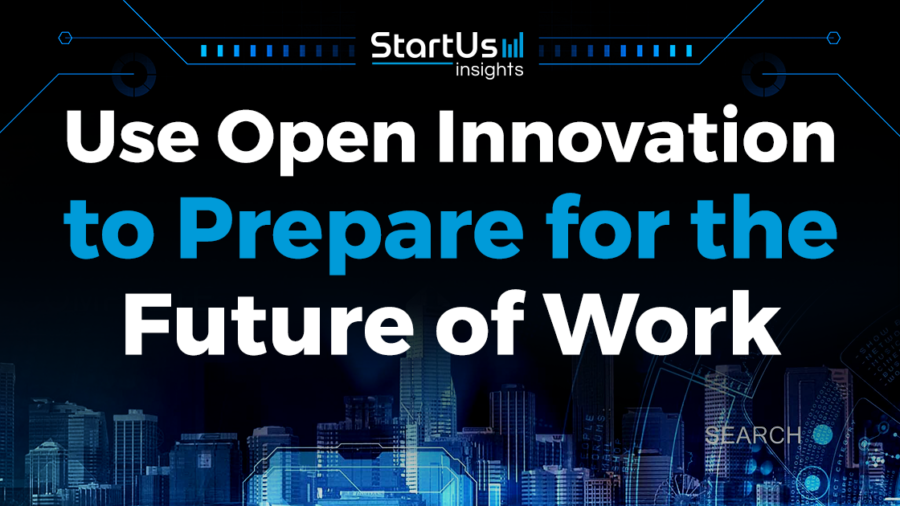
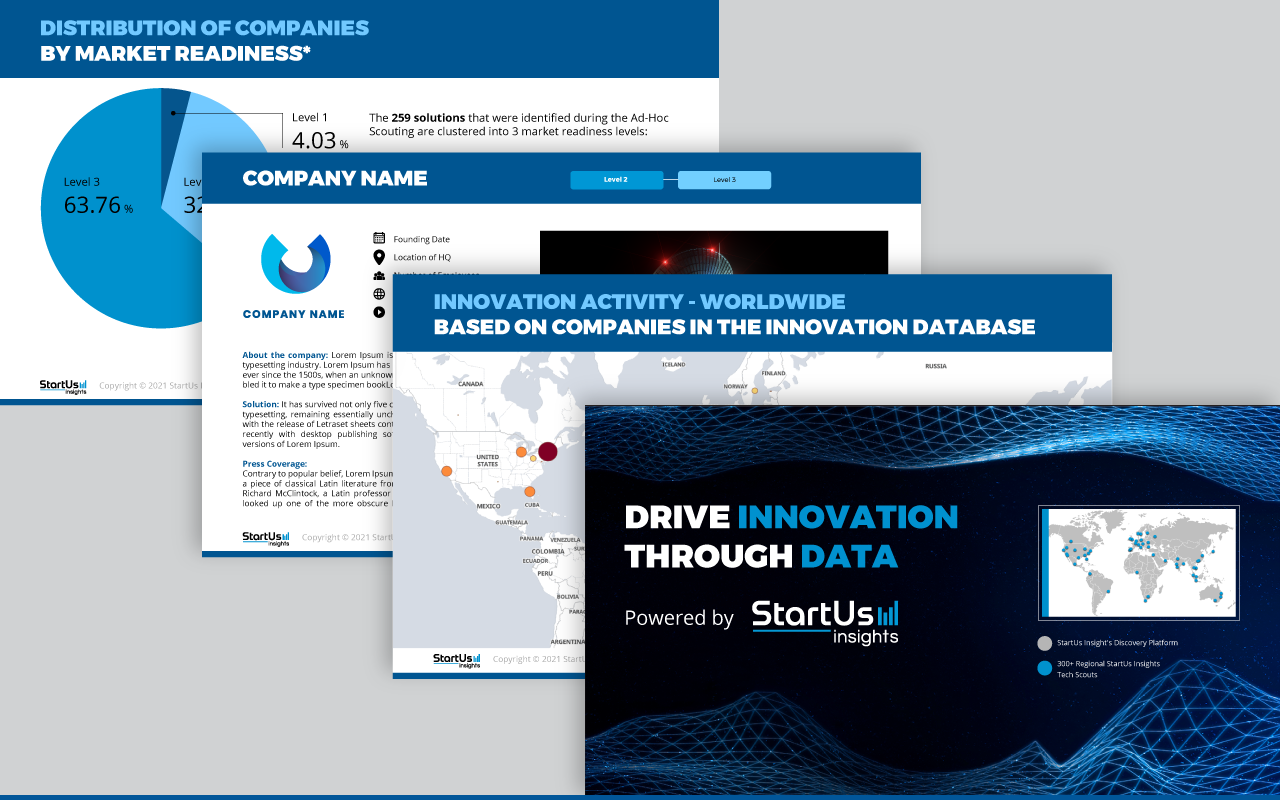

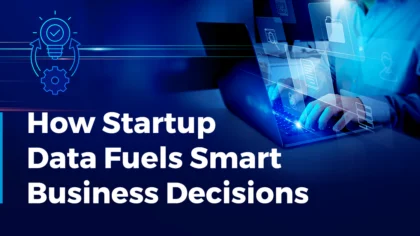
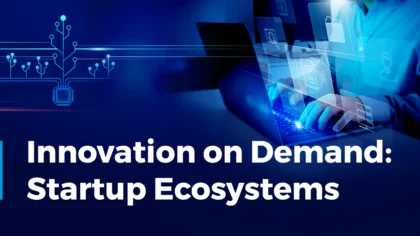
![15 Top Market Intelligence Software Tools [2024] | StartUs Insights](https://www.startus-insights.com/wp-content/uploads/2024/03/Market-Intelligence-Software-SharedImg-StartUs-Insights-noresize-420x236.webp)
![13 Top Female-founded Startups Globally [2024] | StartUs Insights](https://www.startus-insights.com/wp-content/uploads/2024/03/Female-Founded-Startups-SharedImg-StartUs-Insights-noresize-420x236.webp)
